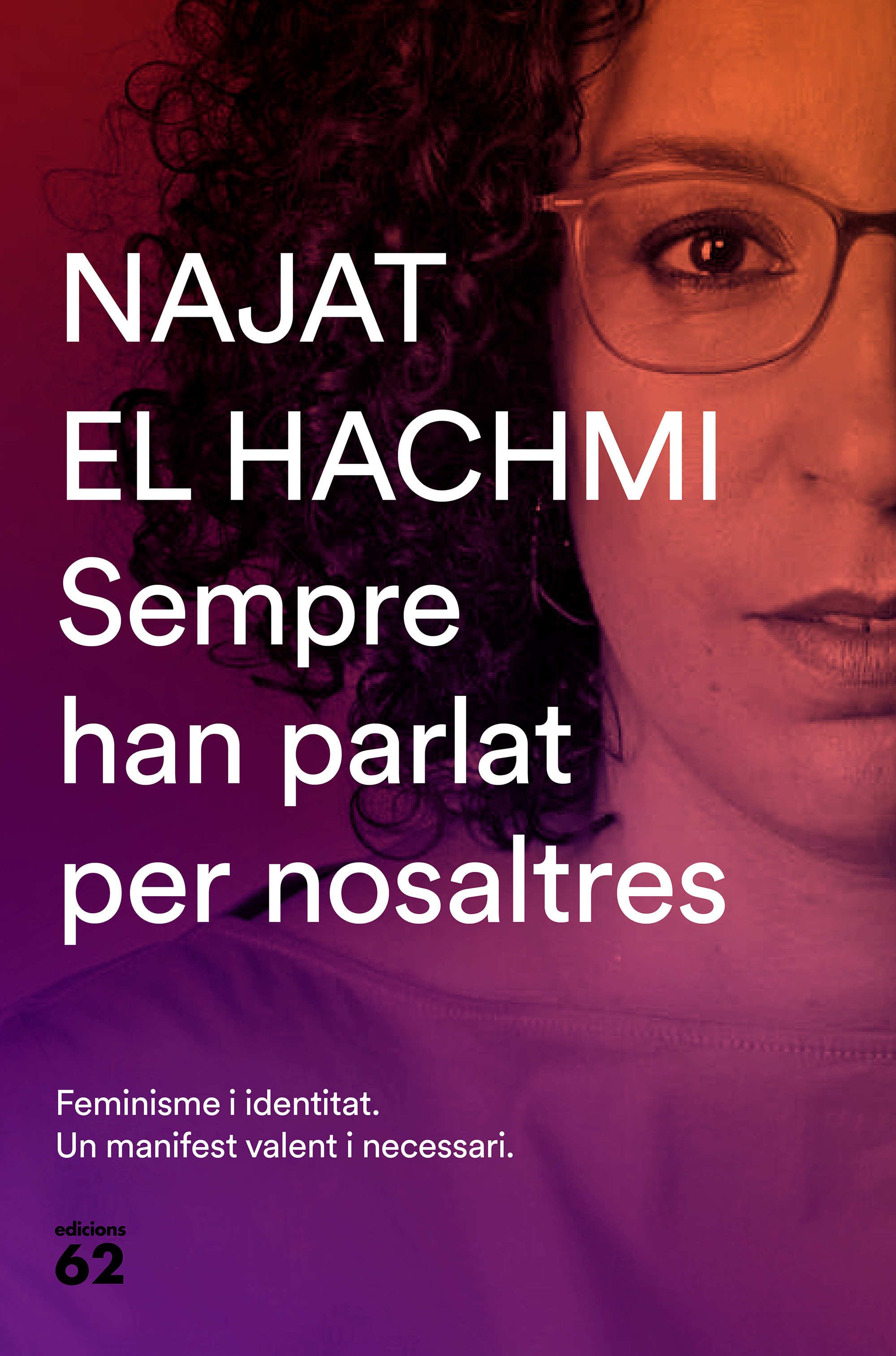
Edicions 62, 2019
106 pages
Fiction
Najat El Hachmi moved to Catalonia from Morocco when she was only eight years old, and she had to stand up to her community in order to gain the freedoms she now has, such as choosing her own husband and writing books. Twenty years later, the author observes that the rise in feminist movements hasn’t caused Islam to change its views on women but rather, paradoxically, to use them in the elaboration of new strategies of submission. It is no longer grim-faced imams who insist on the use of the veil, she tells us, but persuasive women who find space on the internet and in the press. They are the face of an allegedly open religion that defends an Islamic feminism and the freedom to live according to their faith. But for El Hachmi there is no possible freedom within a faith that is intrinsically misogynist. Islam is, fundamentally, patriarchal and she adds: there is no Islamic feminism (nor Black feminism, nor white, nor rich, nor poor), feminism has no modifiers, she asserts, it is a struggle that is shared by all the women of the world. The Western left would be wise to join in this struggle, she concluded, and avoid the trap of multicultural relativist discourse that ends up justifying abuse and discrimination. This is an urgent, lucid, valuable text and a controversial one.
Txell Torrent
MB Agència Literària
txell@mbagencialiteraria.es
www.mbagencialiteraria.es
Request content sample to literature@llull.cat
If you wish to be informed about our different grants calls and the latest news, you can subscribe to one of our newsletters addressed to translators, publishers or festival programmers via literature@llull.cat.